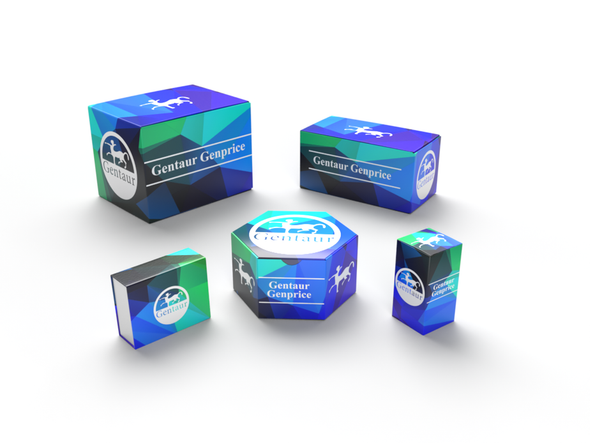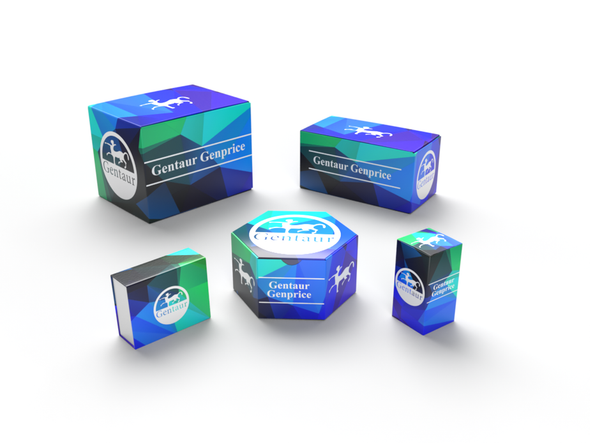Description
Beta-actin Antibody | 5009 | Gentaur UK, US & Europe Distribution
Host: Chicken
Reactivity: Human, Mouse, Rat
Homology: Predicted species reactivity based on immunogen sequence: Sheep: (100%) , Pig: (100%) , Horse: (100%) , Chicken: (100%) , Guinea pig: (100%) , Bovine: (100%) , Rabbit: (100%)
Immunogen: Beta-actin antibody was raised against a 16 amino acid synthetic peptide from near the amino terminus of human beta-actin.
The immunogen is located within amino acids 90 - 140 of Beta-actin.
Research Area: Homeostasis
Tested Application: E, WB, ICC
Application: beta-actin antibody can be used for the detection of beta-actin by Western blot at 1 - 2 μg/mL. Antibody can also be used for immunocytochemistry starting at 2 μg/mL.
Antibody validated: Western Blot in human samples and Immunocytochemistry in human samples. All other applications and species not yet tested.
Specificiy: N/A
Positive Control 1: Cat. No. 1201 - HeLa Cell Lysate
Positive Control 2: Cat. No. 17-001 - HeLa Cell Slide
Positive Control 3: N/A
Positive Control 4: N/A
Positive Control 5: N/A
Positive Control 6: N/A
Molecular Weight: N/A
Validation: N/A
Isoform: N/A
Purification: Beta-actin Antibody is affinity chromatography purified via peptide column.
Clonality: Polyclonal
Clone: N/A
Isotype: IgY
Conjugate: Unconjugated
Physical State: Liquid
Buffer: Beta-actin Antibody is supplied in PBS containing 0.02% sodium azide.
Concentration: 1 mg/mL
Storage Condition: Beta-actin antibody can be stored at 4˚C for three months and -20˚C, stable for up to one year. As with all antibodies care should be taken to avoid repeated freeze thaw cycles. Antibodies should not be exposed to prolonged high temperatures.
Alternate Name: Beta-actin Antibody: BRWS1, PS1TP5BP1, Actin, cytoplasmic 1, Beta-actin
User Note: Optimal dilutions for each application to be determined by the researcher.
BACKGROUND: Beta-actin Antibody: Actins are highly conserved proteins that are involved in cell motility, structure and integrity, processes that are crucial for tissue development and the development of organism. The actin cytoskeleton is one of the principal drivers of cell motility and is capable of responding to complex signaling cascades. Recent evidence suggests that it may play key roles in regulating apoptosis and aging. Beta actin is one of six different actin isoforms which have been identified. Like GAPDH, beta-actin is constitutively expressed at high levels in almost all tissues and cell lines making it ideal for use as a loading control marker in immunoblots.






